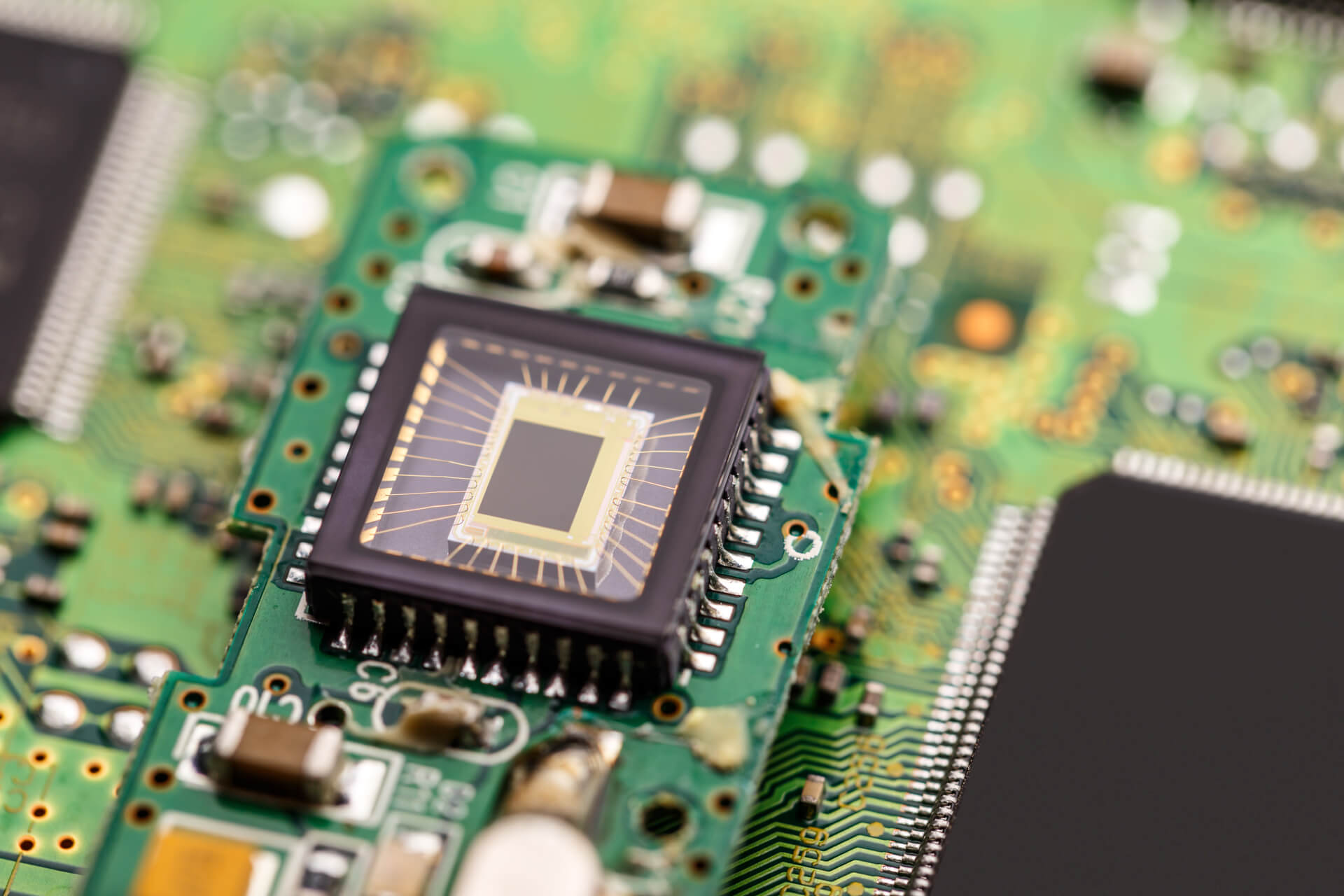Memory Solutions

Understanding Memory Solutions in Semiconductor Technology
Memory solutions in semiconductor technology refer to the various types of memory devices and technologies used to store and retrieve data in electronic systems. These memory solutions play a crucial role in computing devices, such as computers, smartphones, tablets, and other electronic gadgets.
There are several types of memory solutions commonly used in semiconductor technology:
RAM (Random Access Memory): RAM is volatile memory used for storing data temporarily while the device is powered on. It allows quick access to data for the CPU, enabling fast data processing. RAM is divided into two main types: DRAM (Dynamic RAM) and SRAM (Static RAM).
ROM (Read-Only Memory): ROM is non-volatile memory used to store firmware and essential system instructions that are permanently programmed during manufacturing. It retains data even when the power is turned off.
Flash Memory: Flash memory is non-volatile memory that retains data even when the power is turned off. It is commonly used for storing data in devices such as USB drives, SSDs (Solid State Drives), memory cards, and other portable storage devices.
Cache Memory: Cache memory is a small, high-speed memory that temporarily stores frequently accessed data and instructions, providing faster access to the CPU than accessing data from main memory (RAM).
EEPROM (Electrically Erasable Programmable Read-Only Memory): EEPROM is non-volatile memory that can be electrically erased and reprogrammed. It is commonly used for storing configuration data and small amounts of non-volatile program memory in electronic devices.
NVRAM (Non-Volatile Random Access Memory): NVRAM is a type of memory that combines the characteristics of both volatile RAM and non-volatile memory. It retains data even when the power is turned off, similar to ROM and Flash memory, but it can also be read and written to like RAM.
These memory solutions vary in terms of speed, capacity, cost, and durability, and their selection depends on the specific requirements of the application and the trade-offs between these factors.
BSK Solutions
Big Shine Korea specializes in providing comprehensive solutions for various memory needs in semiconductor technology, including RAM, ROM, Flash memory, cache memory, EEPROM, and NVRAM. Whether you’re seeking memory components for computers, smartphones, SSDs, or other electronic devices, we offer a wide range of options to suit your requirements. Contact us today for more information on how we can meet your memory solution needs.
